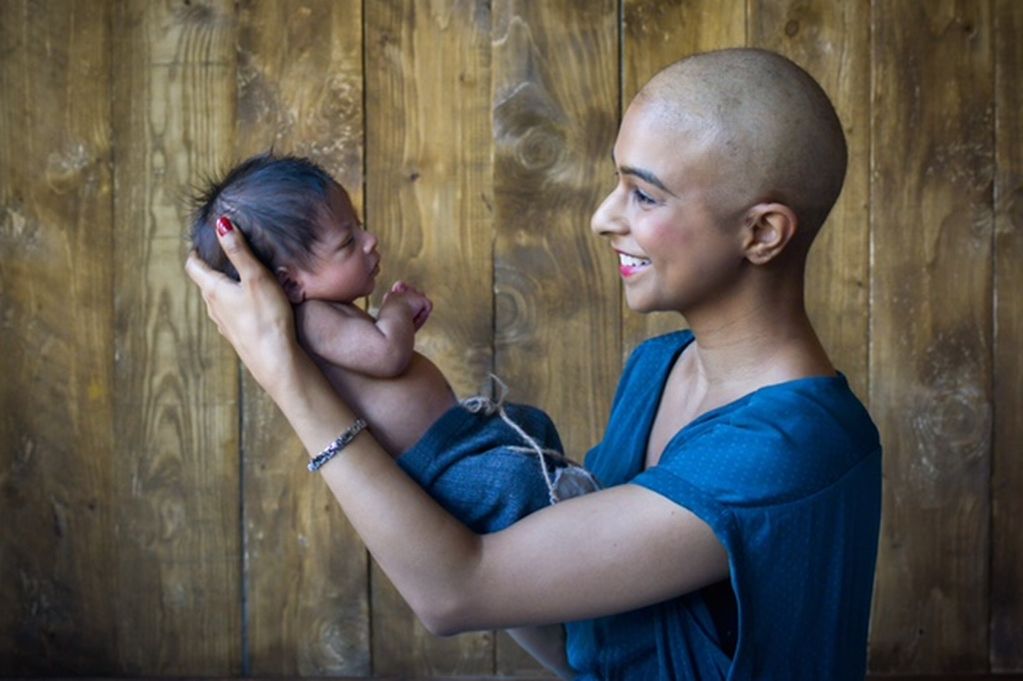How Cancer Treatments Can Affect A Woman’s Fertility
Cancer, or more often, cancer treatments, can interfere with some parts of the reproductive process and affect your ability to have children.
There may be ways to save or protect your fertility before and maybe even during treatment.
There are some things that must be considered if you are trying to preserve your fertility.
Your chances of successfully having a baby is one of these.
Most chemotherapy drugs can damage a woman’s eggs, adversely affecting her fertility. This depends on many factors including the woman’s age, whether she also has radiotherapy, the types of drugs she gets, and the drug doses, making it hard to predict the exact effect on a woman’s fertility potential.
Even if a woman has a high risk of getting cancer in the future, she can still have some options.
It might not happen in the way you planned before cancer, but there are other ways if you choose to become a parent. For example, these may include freezing some of your eggs before the cancer treatment starts, creating embryos and freezing them in much the same way, or using donated eggs if you are unable to use your own. The good news is that eggs or embryos once frozen and stored do not lose much of their efficacy throughout their storage period, which can be years. If your uterus has been unaffected by the cancer, there is a good chance it will be able to maintain a pregnancy after the cancer treatment process has been successfully completed.
How Cancer Treatments Can Affect A Man’s Fertility
Hormone production or the process of sperm ejaculation can be disrupted.
During puberty (usually around age 13 to 14), a boy’s testicles start making sperm, and they normally will keep doing so for the rest of his life. Cancer treatment during childhood, however, can damage testicles and affect their ability to produce sperm.
Chemotherapy works by killing cells in the body that are dividing quickly. Since sperm cells divide quickly, they are an easy target for damage by chemotherapy. Permanent infertility can result if all the immature cells in the testicles that divide to make new sperm are damaged to the point that they can no longer produce maturing sperm cells. In this case the age is again a main factor.
If you want to preserve your fertility potential before cancer treatment, it is a simple process to freeze a sperm sample beforehand. An advantage men have over women is that sperm can be frozen at any time, there being no equivalent of the specific time in the menstrual cycle that women’s eggs have to be collected.
Fertility specialists can usually surgically receive sperm directly from the testicles from males when sperm is still being produced but it is not being ejaculated because of the cancer or the cancer treatment.

